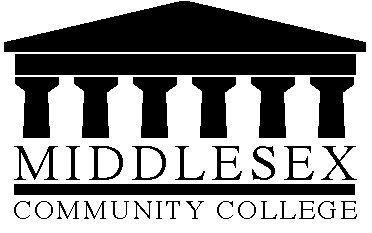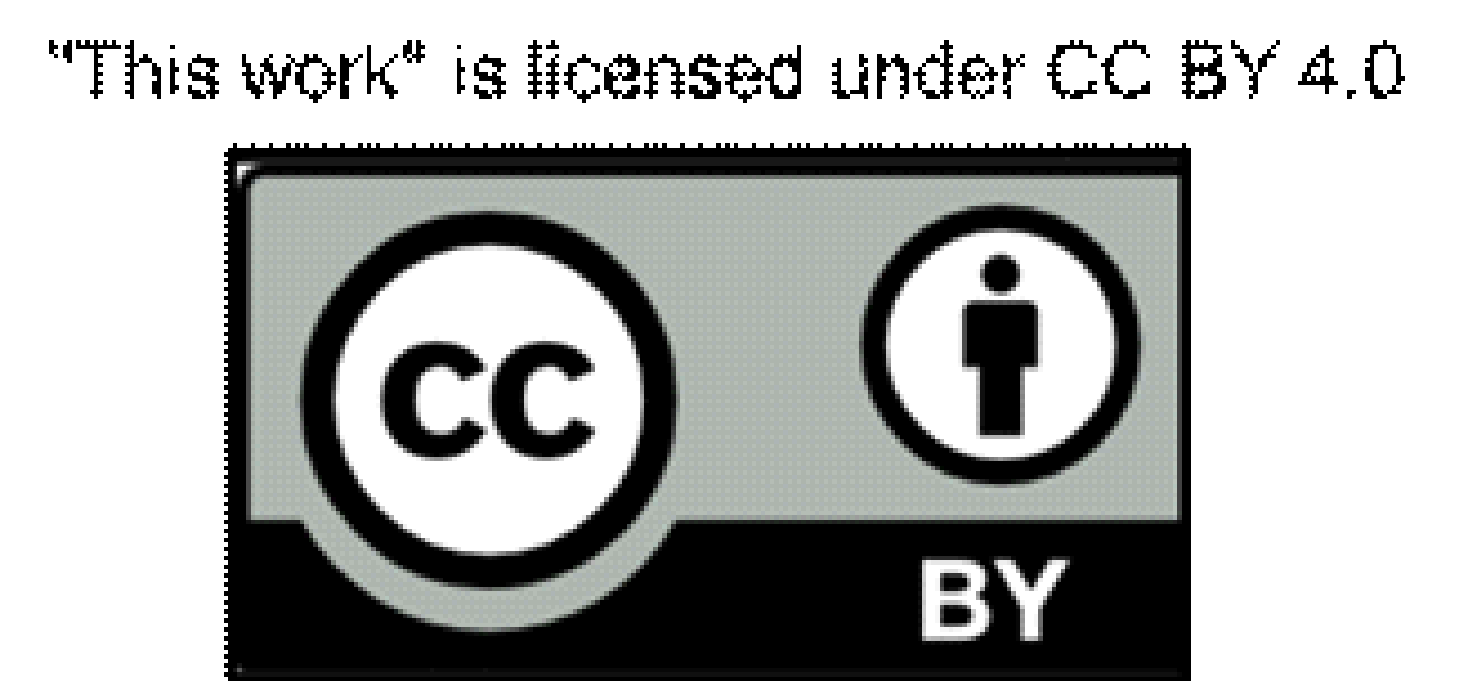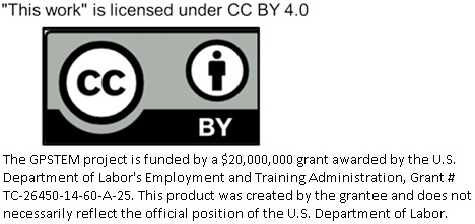Computing System Fundamentals
NST 121: Computing System Fundamentals Syllabus
| Instructor: Syeda Ferdous Ara Begum Email: begums@middlesex.mass.edu Office Telephone: 781-280-3859 Office: Room LP 406, Pollard Building, Lowell Blackboard:blackboard.middlesex.mass.edu or mymcc.middlesex.mass.edu | Semester: Credits: 4 Time: Location: Office Hours: |
Course Description:
This course is designed to familiarize students with basic computer architecture and operating systems and the relationships between hardware and operating systems will be explored. A student who successfully completes this course will also be able to gain strong foundation in the core fundamentals of digital technology. Basic concepts are reinforced by exercises, and hand-on applications. Students will also program and run simple macros in Linux shell.
Employability skills, such as Problem solving, Teamwork, Communications and Critical Thinking are integrated into the course work. 4 hours’ lecture.
Prerequisite(s): Eligible for ENG 101 and MAT 080
Required Materials:
To succeed in this class, you will need all of the following:
- In place of a mandatory text book, you are expected to do the online readings and watch the videos posted on blackboard prior to class.
- Registration Required: Free Online NDG Linux Essentials course web address: www.netacad.com (register as a student)
- No books are required or recommended for this course. However, you might find the below books of interest. Realize that free, if not superior, resources can be found on the course’s website.
Book(optional):
The essentials of computer Organization and Architecture, 4th Edition, Linda Null and Julia Lobur, ISBN: 978-1-284-04561-1, 2015, Jones & Bartlett Learning LLC
4. Handouts: Additional handouts may be required. Instructor will provide information on obtaining this material.
5. Student will need several USB/Memory Sticks in order to save work or other storage devices. Remember to back up originals in case lose or damage them.
6. Weekly access to a computer and the internet
7. Notebook for taking notes,
8. Bring all of these items to every class.
Student Learner Outcomes:
After the successful completion of this course, the student will be able to
• Identify and convert the different number systems.
• Convert numbers from one form to another form
• Describe the basic operation, logic operations and inverter operations
• Express the operation of NOT, AND, OR, and also Identify and develop a truth tables NAND, and NOR gates with Boolean algebra
• Describe the operation of the exclusive-OR and exclusive- NOR gates
• Describe the operation of binary half and full adders.
• Convert a logic expression into a sum-of-products (SOP) expression.
• Use logic gates to construct basic latches
• Recognize the difference between a latch and a flip-flop and apply flip-flops in basic applications
• Explain how S-R, D, and J-K flip-flops differ
• Explain the significance of propagation delays, set-up time, hold time, maximum operating frequency, minimum clock pulse widths, and power dissipation in the application of flip-flops
• Describe Linux primitive commands to extract information from computer
• Write simple Linux shell programs to change the controls on OS
Teaching Methods:
Classes will consist of regular lectures and hands-on activities. Class lectures will be based on topics covered in the required readings from the course textbook. Interactive hands-on exercises will be conducted during class which will introduce the student to the basic skills for completing each hands-on homework assignment. Blackboard will also be used as a communication tool.
The instructor will provide announcements, handouts, and assign text readings to assist students in learning. PowerPoint lectures may be made available based on topics stressed in the required hands-on assignments as well as provide additional information not covered in the text.
Institutional Disability Services Statement
The collegiate experience at Middlesex, on the campus and in the classroom, is open to students of varying abilities and levels of adaptive skills. Supportive faculty and staff as well as fellow students encourage all students to participate in extracurricular and class activities. The DSS office provides services and resources to empower each student to attain his/her highest level of academic success and learning independence.
On our Bedford campus:
• Visit us in the Enrollment Center Building, 2nd Floor.
• Call us at 781-280-3630
On our Lowell campus:
• Visit us in the Cowan Center Building, 3rd Floor, Room 314.
• Call us at 978-656-3258
Student Responsibilities:
Attendance:
There is a direct relationship between attendance and successful completion of coursework. Each student is encouraged to attend all class meetings and prepare all course materials on time.
The student is responsible for obtaining material distributed on class days when he/she was absent. This can be done through contacting a classmate who was present or by contacting the instructor during his office hours or by appt.
Attendance will be recorded. If you are unable to come to the class for any special reason, please email or contact me in advance.
Adverse Weather
For class delays or canceled due to bad weather, please check the MCC portal: https://mymcc.middlesex.mass.edu/
MCC posts school closing due to adverse weather on the phone hotline 978-656-3200 or 781-280-3200. Students should use good judgment when deciding to travel during adverse weather.
Electronic Devices:
Students are not allowed to use computer during class time unless instructed by instructor. Special circumstances Cell phones or pagers should be set on silent or vibrate alarms during class. No use of CD players or headphones connected to PCs. NO TEXTING IN CLASS!
Academic Integrity
It is the responsibility of the Middlesex community is to uphold the integrity of our academic programs. This responsibility belongs to faculty and students alike. According to the Academic Catalog 2005-2007 “taking credit for work done by another person, or doing work for which another person will receive credit is cheating” and “taking and using the ideas or writings of another without clearly and fully crediting the source is plagiarism” (109). As students, it is your responsibility to learn proper citation of sources; the Modern Language Association Handbook gives complete descriptions. It is understood that you will submit original work for each assignment, both within and between courses. Students are encouraged to get assistance with assignments from their peers, but must complete and understand each assignment independently; points will not be awarded for assignments the student has not personally completed.
Best way to succeed:
- Attend every class in order to benefit from class lessons
- Always check your MCC email for announcements and special instructions
- Take advantage of assistance and encouragement from the instructor
- Learn from other students
- When a class is missed, notify the instructor by email
- Have the ability to set goals and be accountable for meeting targeted deadlines
- Working independently as well as in a group setting
- Submit all assignments/projects on suggested due dates
- Check Blackboard before and after class for announcements/special instructions
Blackboard:
Supplementary information for the course is available at Blackboard. The Blackboard contains class notes, PowerPoint slides, class announcements, the course syllabus, test dates, and other information for the course.
Credit Hour Policy:
Middlesex Community College follows the Carnegie Unit for credit. Students are expected to spend a minimum of 45 hours of work for each credit. The most common breakdown for one credit is one hour of class instruction and two hours of homework for 15 weeks each semester. A three credit course demands nine hours each week.
Grading and Evaluation Criteria
- 5% of the final grade is based on class attendance and participation. Your attendance will be recorded every day. In order to earn 5% of your attendance grade, you have to attend class all the times when school is open, also participate in the class by asking questions, answering questions, helping others etc. If you have attended the class physically but do not participate, you will only receive 50% credit. In an Emergency circumstance exception can be made provided that appropriate written notification is given.
- 20% of the final grade is based on quizzes.
- 20% of the final grade is based on Lab work.
- 20% of the final grade is based on projects. Students MUST complete and submit projects at the stipulated time to receive full marks
- 35% of the final grade is based on Exam 1 is 15% and Exam 2 is 20%
The grading scale can be broken down as follows:
| Grade | Numeric Range |
| A | 93-100 |
| A- | 90-92 |
| B+ | 87-89 |
| B | 83-86 |
| B- | 80-82 |
| C+ | 77-79 |
| C | 73-76 |
| C- | 70-72 |
| D+ | 67-69 |
| D | 63-66 |
| D- | 60-62 |
| F | 00-59 |
Tentative Course Schedule:
| Weeks | Topics | Reading Assignments |
| Week 1 Week of 09/05 | Read Syllabus and course policy, Including blackboard, organize lab work, team etc. | Signup for NDG Linux Essentials www.netacad.com Reading Assignments: www.oercommons.org https://www.tutorialspoint.com/computer_fundamentals/computer_applications.htm |
| Week 2 Week of 09/11 | Data Representation in Computer Systems
| Binary and hexadecimal number systems https://www.khanacademy.org/math/algebra-home/alg-intro-to-algebra/algebra-alternate-number-bases/v/number-systems-introduction https://en.wikipedia.org/wiki/Error_detection_and_correction#Error_detection_schemes Error correction: https://www.khanacademy.org/computing/computerscience/informationtheory/moderninfotheory/v/testtest |
| Week 3 Week of 09/18 | Data Representation in Computer Systems cont.
| Binary and hexadecimal number systems https://www.khanacademy.org/math/algebra-home/alg-intro-to-algebra/algebra-alternate-number-bases/v/hexadecimal-number-system |
| Week 4 Week of 09/25 | Boolean Algebra and Digital Logic
| Digital Number System Boolean Algebra Hexadecimal Arithmetic |
| Week 5 Week of 10/02 | Boolean Algebra and Digital Logic cont.
| Logic Gates Combinational Circuits Sequential Circuits |
| Week 6 Week of 10/09 | Instruction Set Architecture
| http://www.open.edu/openlearn/science-maths-technology/computing-and-ict/computing/computers-and-computer-systems/content-section-0#content-tab Lesson 1 |
| Week 7 Week of 10/16 | Mid Term semester review and Exam | Week 1 to Week 6 |
| Week 8 Week of 10/23 | Memory
| https://www.tutorialspoint.com/computer_fundamentals/computer_memory.htm Lesson 2 https://www.khanacademy.org/computing/computer-science/cryptography/comp-number-theory/v/what-is-computer-memory-prime-adventure-part-7 http://www.open.edu/openlearn/science-maths-technology/computing-and-ict/computing/computers-and-computer-systems/content-section-0#content-tab |
| Week 9 Week of 10/30 | Memory cont.,
| http://www.open.edu/openlearn/science-maths-technology/computing-and-ict/computing/computers-and-computer-systems/content-section-0#content-tab |
| Week 10 Week of 11/06 | Input / Output and Storage Systems
| http://www.open.edu/openlearn/science-maths-technology/computing-and-ict/computing/computers-and-computer-systems/content-section-0#content-tab Lesson 1 Amdahl’s Law https://www.techopedia.com/definition/17035/amdahls-law RAID https://en.wikipedia.org/wiki/RAID |
| Week 11 Week of 11/13 | System Software
| http://www.open.edu/openlearn/science-maths-technology/computing-and-ict/computing/computers-and-computer-systems/content-section-0#content-tab Lesson 7 |
| Week 12 Week of 11/23 | Introduction to Linux, Using Linux and Command Line Skills
| NDG Linux Essentials www.netacad.com Module 1, 2, 3 and 4 |
| Week 13 Week of 11/27 | Getting Help, Working with Files and Directories and Archiving and Compression
| NDG Linux Essentials www.netacad.com Module 5, 6 and 7 |
| Week 14 Week of 12/04 | Pipes, Redirection, and REGEX, Basic Scripting and Understanding Computer Hardware
| NDG Linux Essentials www.netacad.com Module 8,9 and 10 |
| Week 15 Week of 12/11 | Managing Packages and Processes and Network Configuration
| NDG Linux Essentials www.netacad.com Module 11 and 12 |
| Week 16 Final Exam Week | Final Exam Project due |
Note: Instructor will do best to follow this syllabus but reserve the right to make changes if needed.
This workforce product was funded by a grant awarded by the U.S. Department of Labor’s Employment and Training Administration. The product was created by the grantee and does not necessarily reflect the official position of the U.S. Department of Labor. The U.S. Department of Labor makes no guarantees, warranties, or assurances of any kind, express or implied, with respect to such information, including any information on linked sites and including, but not limited to, accuracy of the information or its completeness, timeliness, usefulness, adequacy, continued availability, or ownership.


